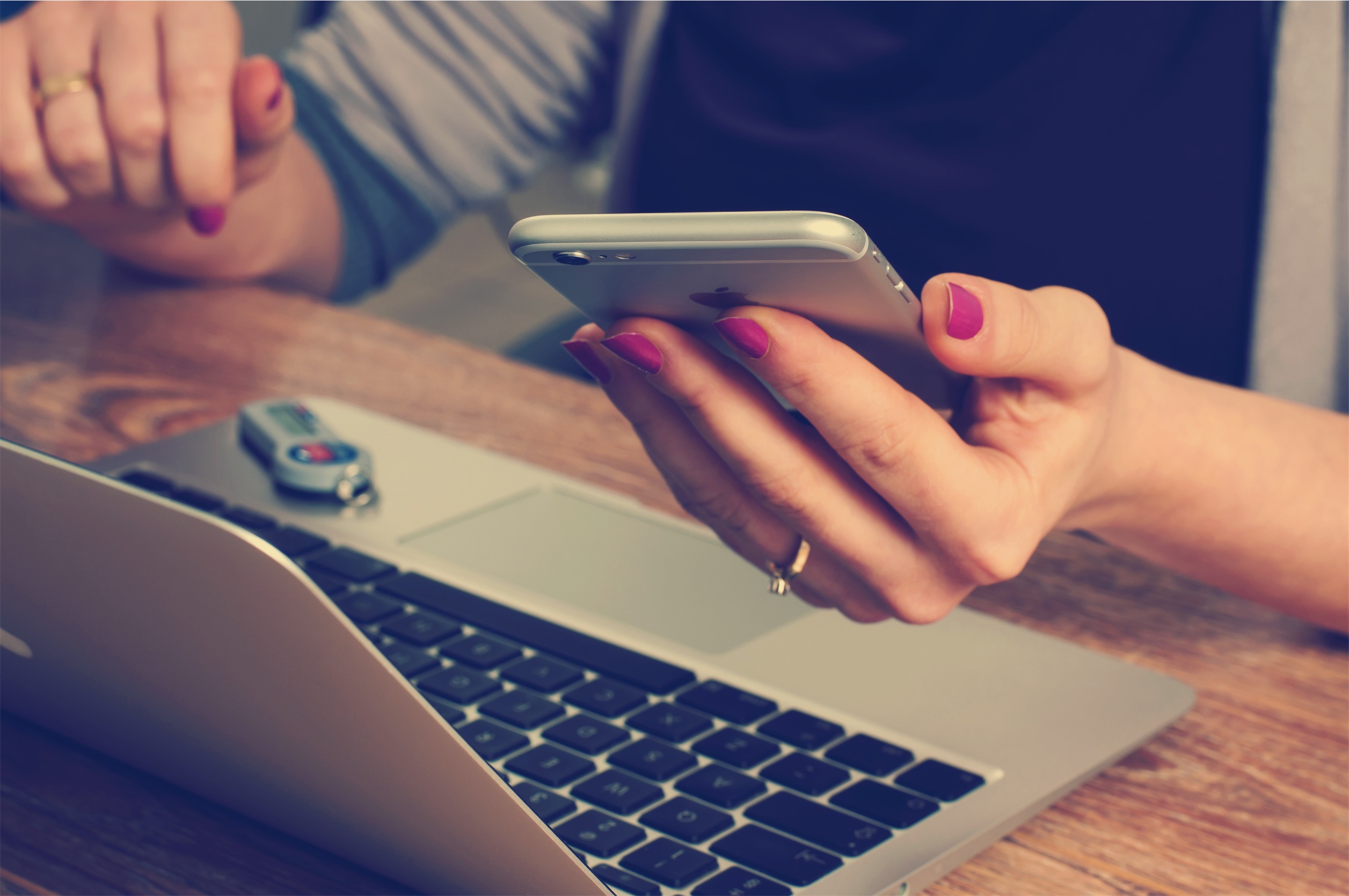When talking about mobile health, focus often drifts towards patient-facing apps and technology, but that’s not even close to describing the full scope of mobile healthcare. An abundance of apps and tools now exist–some estimates place the number at 95,000–to help healthcare providers, and the technology developments allow for some amazing new opportunities.
We’ve talked about Swipe Sense before, but the company is worth mentioning again. Swipe Sense automatically monitors how often healthcare workers wash their hands by logging contacts between personnel badges and soap dispensers throughout a hospital.  Recently, NPR reported on a study that showed healthcare workers become less reliable about washing their hands throughout the workday. Examining 4,000 caregivers, the study recorded 14 million missed opportunities when a caregiver should have washed his or her hands and didn’t. Hospital-acquired infections are a real danger and are estimated to cost us billions; a tool like Swipe Sense that helps monitor and remind caregivers to practice better hygiene can have real results, saving lives and money.
Recently, NPR reported on a study that showed healthcare workers become less reliable about washing their hands throughout the workday. Examining 4,000 caregivers, the study recorded 14 million missed opportunities when a caregiver should have washed his or her hands and didn’t. Hospital-acquired infections are a real danger and are estimated to cost us billions; a tool like Swipe Sense that helps monitor and remind caregivers to practice better hygiene can have real results, saving lives and money.
Other provider-facing mobile health apps have great results too. Apps that offer clinical decision support tools can help nurses identify and diagnose chronic health issues and are between four and forty-four times more successful diagnosing obesity, smoking addiction, and depression. As EMRs become more and more popular, a tool like this helps caregivers sort through the ever-increasing amount of patient data quickly and easily, helping create efficient diagnoses and make sense out of large amounts of data. Tools like this complement the patient-facing mobile health apps as they generate more data, and offer another way for healthcare providers to improve the level of care and save lives.
Other mobile health apps promote the transparency and sharing of medical records. Long kept under the metaphorical lock and key of the doctor’s office, medical health records are becoming easily accessible to other medical professionals and even the patients themselves, thanks to new technology and mobile health. When Apple announced HealthKit in June 2014, they also announced its partnership with Epic, one of the most popular EHR vendors. Mobile health apps and platforms will be able to share information from an electronic medical record with patients, as well as allow patients to add to their records for doctors to review and monitor health from afar. For example, a new app called OurNotes makes caregivers’ notes available to patients and also allows patients to add to the notes or correct errors. Talk about collaborative care.
As we say over and over, healthcare is changing, and mobile health is at the forefront of these changes. With mobile health apps, caregivers and healthcare providers have more data than ever before about their patients, as well as data about their own habits. Here’s to the future—we’re excited about it.
Photo from Realistic Shots.